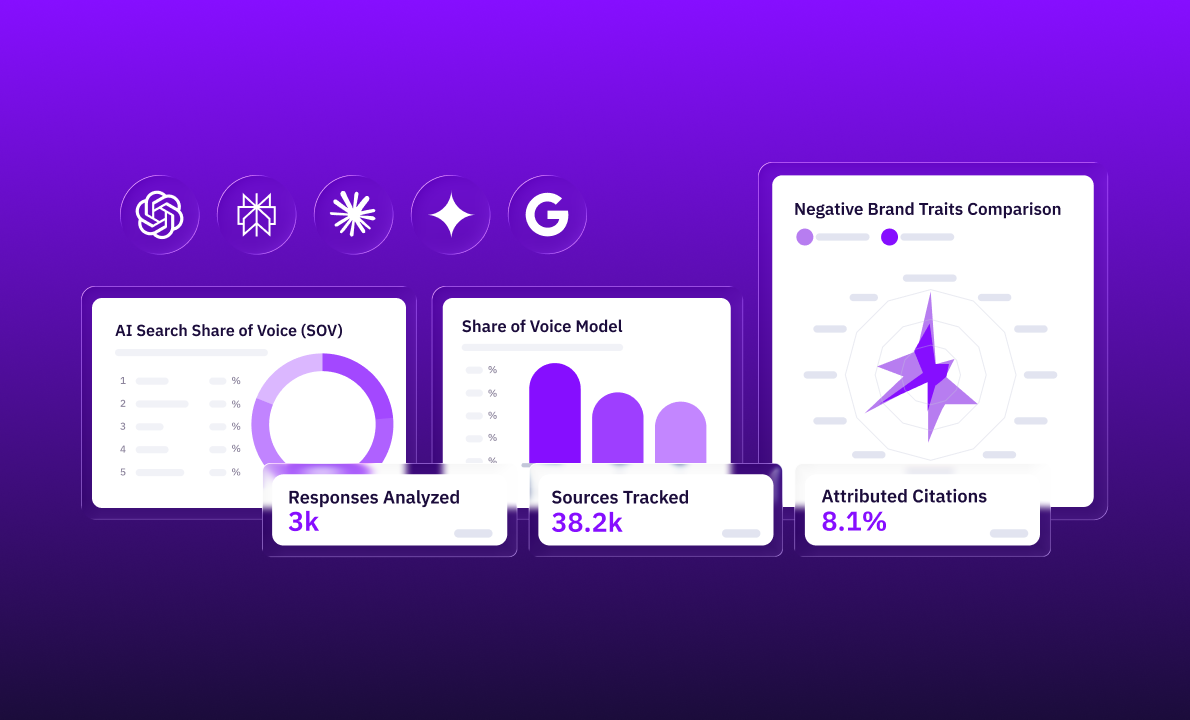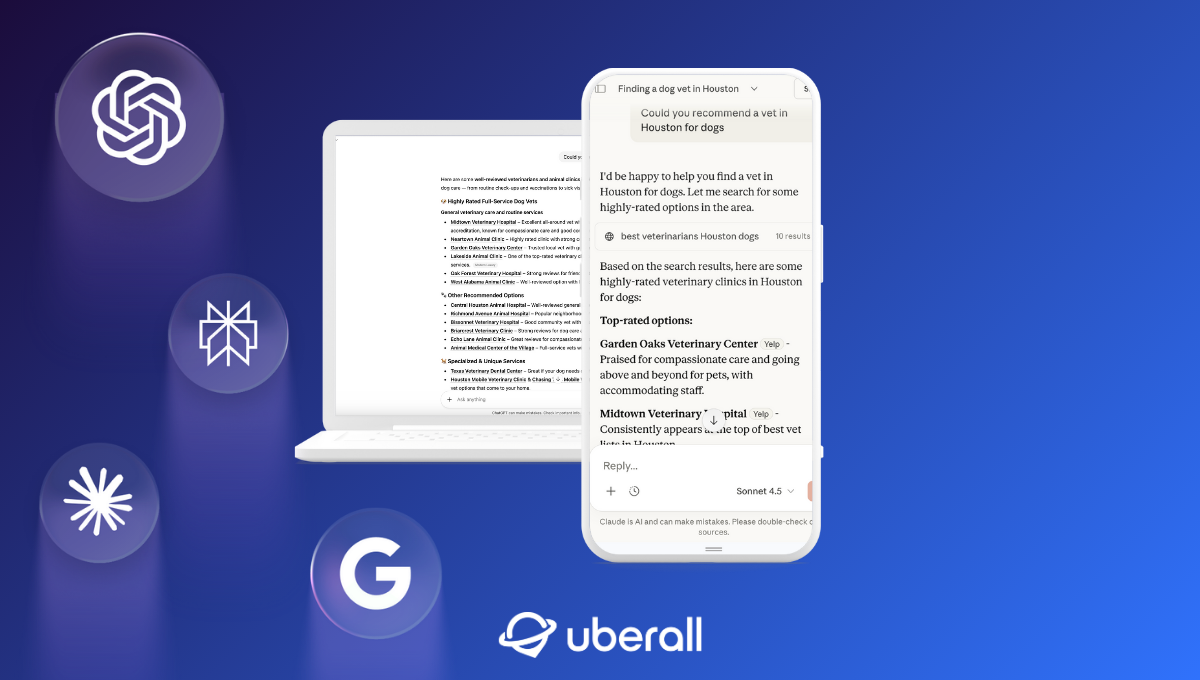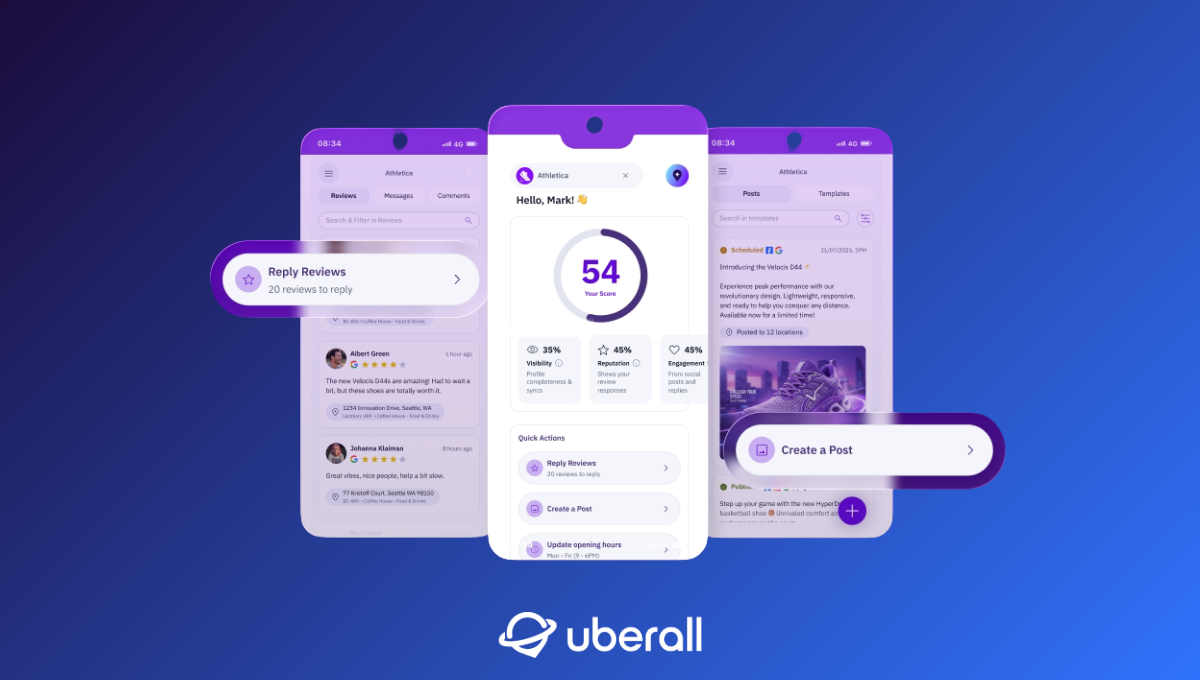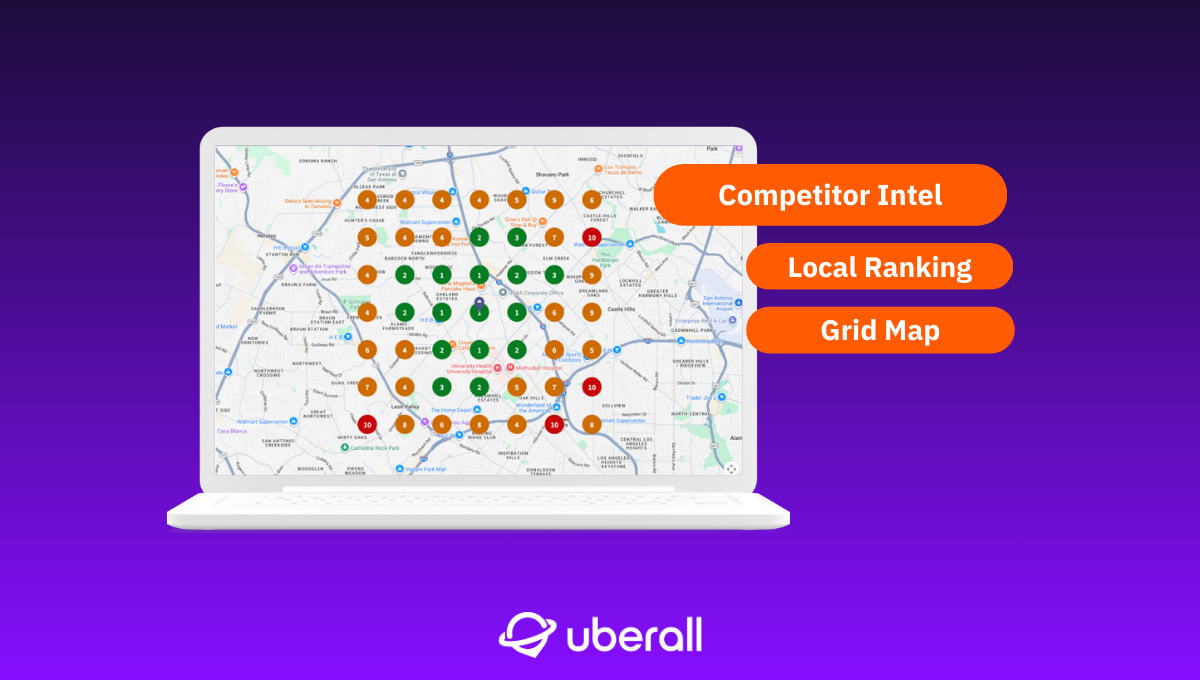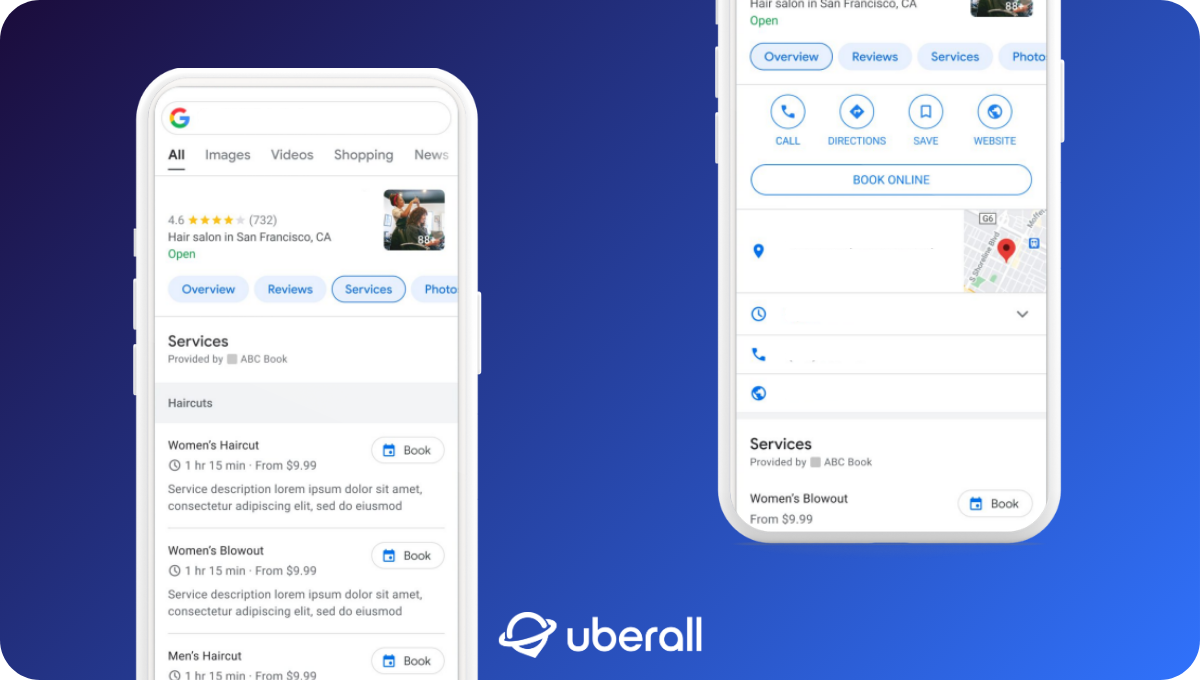
How to Start Building Your QSR Marketing Strategy
There’s no one-size-fits-all for QSR marketing teams, but here are 4 sure strategies fast food brands should start with to maximize their marketing efforts
Fast food might be convenient, but for quick service restaurant (QSR) brands, staying top-of-mind with cost-conscious consumers takes more than convenience, good value for money, and great food.
It takes superior visibility and solid holistic QSR marketing strategies to stay ahead of the competition. Your QSR brand’s online presence will determine whether you welcome them offline through your doors — or your competitors.
Marketing budgets are tight (no news there), which is why you need to be even more tactical if you want to maximize the results of your QSR’s online and offline strategies to acquire, engage, and retain customers.
This is our advice on where you should start with your QSR marketing strategy — and the good news is that, once you’ve nailed these pillars, you can only build from there.
Tailor Your QSR Marketing to the Right Audience
Marketing your QSR brand effectively means avoiding wasted precious budget or resources. It means identifying the right audiences to lower your cost per acquisition — these audiences are your low-hanging fruits.
The best fast food brands have recognized who are their best ambassadors and how to activate them. In our podcast episode with KFC UK and Ireland’s Jaime Arribas (Senior Marketing Technology Manager), Jaime speaks about how his team maximized their marketing efforts by focusing on younger audiences, such as Gen Z.
Why Gen Z? Not only because this generation is highly engaged; it’s more likely to value experience over product. Gen Z thrives on sharing positive brand experiences offline and online. Whether through TikTok videos, reviews, or talking to friends, their opinions become powerful, authentic marketing.
Regardless of whether Gen Z is your brand’s target audience, user-generated content (UGC) should be the backbone of your QSR marketing strategy. UGC doesn’t just build trust across all demographics — it boosts your local visibility. Every share becomes a signal, which makes it easier for consumers to discover your QSR brand both online and in the real world.
When consumers are hungry and in the neighborhood, they make fast and impulse-driven decisions about their next meal. It’s at these moments that your visibility matters. One TikTok video or Google review might be the last social proof needed to push customers through your doors.
Drive Foot Traffic through Brand Consistency and Trust
Think of search results as a hallway — you’re not likely to walk through a closed door unless you know what’s on the other side, or you’re at least curious to find out. When your consumers search for nearby dining options, your QSR branding needs to be compelling, consistent, and clear to get them through the door.
It takes a lot to manage multiple restaurant locations simultaneously and ensure all information is consistent and up to date. As a customer, conversely, it doesn’t take much for them to turn away from your restaurant and choose a competitor in the neighborhood.
A confused mind will always say “no,” and all it takes to say “no” is incorrect opening hours, an outdated menu, or multiple phone numbers for the same location.
That’s why you should optimize your citations and your Google Business Profile to avoid confusion in the customer journey.
Optimize your Google Business Profile
The key elements of an optimized Google Business Profile for QSRs include accurate and valuable location information — such as
- business name
- address
- phone number
- detailed description
- operating hours
- high-quality photos
- clear menu listings
- reviews
- FAQs
Without this information, you limit your number of potential conversions and revenue — after all, you’re not giving consumers good enough reason to come exploring what’s behind that door.
Managing these updates and checks may seem daunting, but top local digital marketing platforms can streamline the process and make your life as a multi-location QSR brand much easier.
Besides accurate location data on your Google Business Profile (GBP), citations and reviews are two of the most important ranking factors and effective ways to build trust in your brand.
Do the Right Things for Local SEO
Speaking of ranking factors … There are a few things that successful fast food brands should do well to optimize for local SEO — and it goes beyond keyword research.
After conducting thorough local keyword research to identify the terms potential customers in your area are using, your website team should naturally incorporate these keywords into your online content and business listings to enhance visibility and relevance in local search results.
We built our ChatGPT Prompt Guide to help you with 10+ prompts for keyword generation, content planning, content creation, and page optimization, so you can ensure you’re in a good place to start your brainstorming process.
But local SEO is more than just about being strategic with your keywords; it’s about how you use multiple content formats to keep your users engaged. Videos optimized for SEO (location-specific keywords in video titles, descriptions, and tags) better showcase your restaurant’s atmosphere, dishes, and customer interactions — compared to only images or only website text. Diversify your content formats as much as you can.
Remember, the benefits of using video in your QSR marketing strategies is not only for SEO — it’s also to create trust and excitement around your brand. While SEO strategies can be overwhelming, start by understanding the type of experience your audience wants as they discover your brand (videos, seasonal offers, detailed information on your location landing pages), and go from there.
Leverage Customer Interactions
To maximize your fast food marketing efforts — whether online or offline — you need to increase customer engagement and personalized interactions with your brand. When you nail this, you will win more opportunities to cross-sell, upsell, and increase your customer lifetime value.
Social media and messaging platforms, such as Facebook Messenger, allow customers to quickly get answers to their questions and receive updates in real time. Business messaging, in the form of informal chats, is nonnegotiable for enhancing customer engagement and satisfaction. You might even consider taking your personalized and convenient service features further by offering online ordering through messages to differentiate your brand from competitors.
Efficient communication through chat also allows businesses to resolve issues promptly, improving overall customer experience and customer loyalty.
There’s absolutely no way around review management for your restaurant if you want to stay ahead of the local competition. Reviews heavily influence whether a customer is going to walk through your doors. Since QSR customers are most likely looking for convenience, they will not take risks by visiting businesses with negative reviews and poor customer service.
When we spoke to KFC UK and Ireland’s Jaime Arribas, he explained to us the importance of interacting with reviews as part of your QSR marketing strategy. “Existing customers feel listened to whenever they have a problem, while new customers see the reviews and that the experience is great and the team is making an effort.”
It’s about customer acquisition as much as it is about retention, and Jaime believes that the QSR brand’s 14% increase in clicks from their listings came after the team started to dedicate more time to review management in 2024.
Search engines use factors such as response rate and response time for their ranking decisions. If you experience negative reviews on any platform, you should offer a sincere apology and take responsibility for any shortcomings. Once you demonstrate your commitment to customer satisfaction, you’ll find it easier to create a loyal customer base and to increase your online presence.
As well as tackling reviews, you should also encourage customers to leave reviews and ratings on review platforms like Google, Yelp, and TripAdvisor to consolidate your trustworthiness and great service over competitors. You can repurpose these reviews by integrating them into your website content in the form of testimonials — work smarter, not harder!
Quick Insights into QSR Marketing Strategies
To-do lists are overwhelming, but instead of chasing the latest marketing tactics, it’s important to get back to (or revisit) basics.
That means making your quick service restaurant brand as discoverable, accessible, and trustworthy as you can as well as always listening to your customers across all channels and finding ways to engage with them, regardless of how the experience has been.
Make it as easy as possible for them to enter your restaurant doors, make it as attractive as possible for them to choose you over competitors, and deliver an experience as personalized as possible to ensure they want to return.
Ready to Transform Your Business?
Connect with our partnership team to learn how Uberall can help you achieve similar results. Get a personalized consultation and discover the opportunities waiting for your business.
Resources







